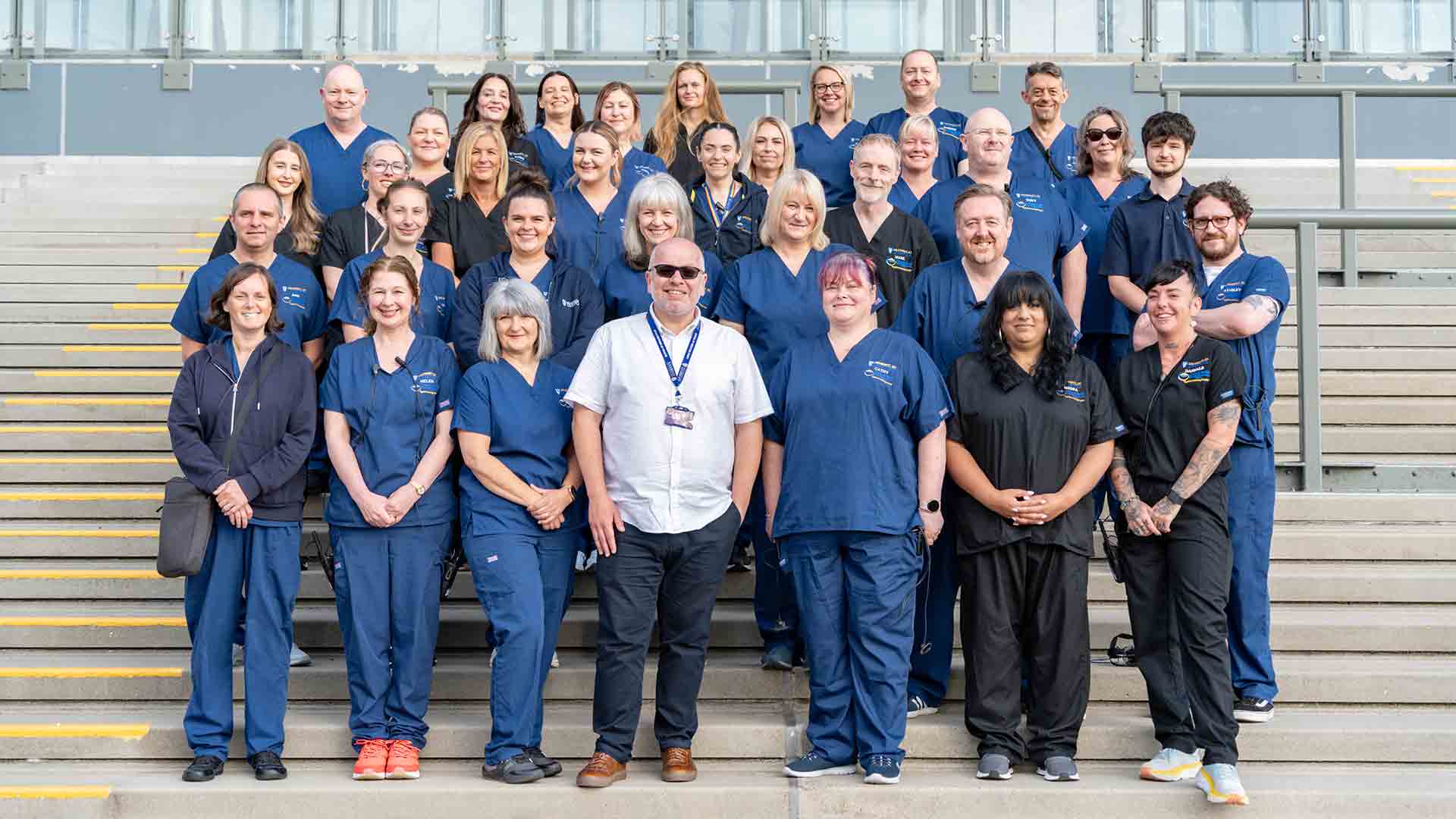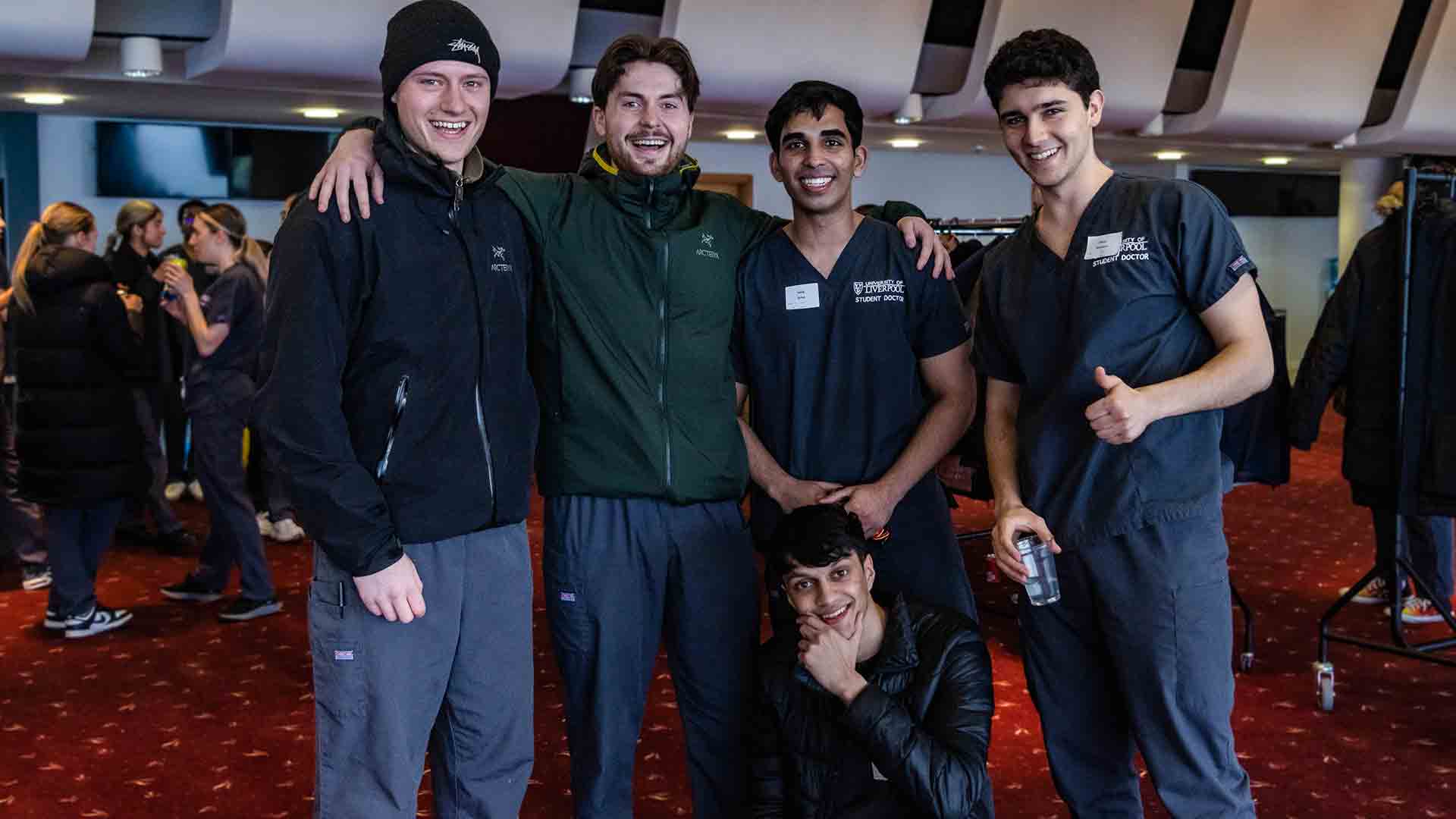
The Grand National might have been and gone but as far as we’re concerned Aintree’s biggest event of the year is still to come with students gearing up to show off their clinical skills at practical assessments this summer. Whether you’ve taken these before, or will be going for the first time, the Clinical Skills Team will be sharing their years of experience and insights to support you this assessment season, beginning with these top tips on approaching your assessments with confidence.
1. Practice, practice, practice!
It might be a cliché, but there’s a lot of truth in the phrase, practice makes perfect. The more you practise something, the more it becomes second nature, and you’ll find you are able to conduct the consultation or perform the examination or skill more fluently, be patient centred and focus on listening to the patient, respond appropriately and adapt your consultation to their answers.
Where can you practice? The obvious answer is everywhere! In all of your patient interactions on placement. And of course, you have the Learning Zone (and Learning Ward for Year 4) available until 8pm Monday to Friday. Remember to follow the guidance in your e-portfolio regarding the training and supervision required for practice.
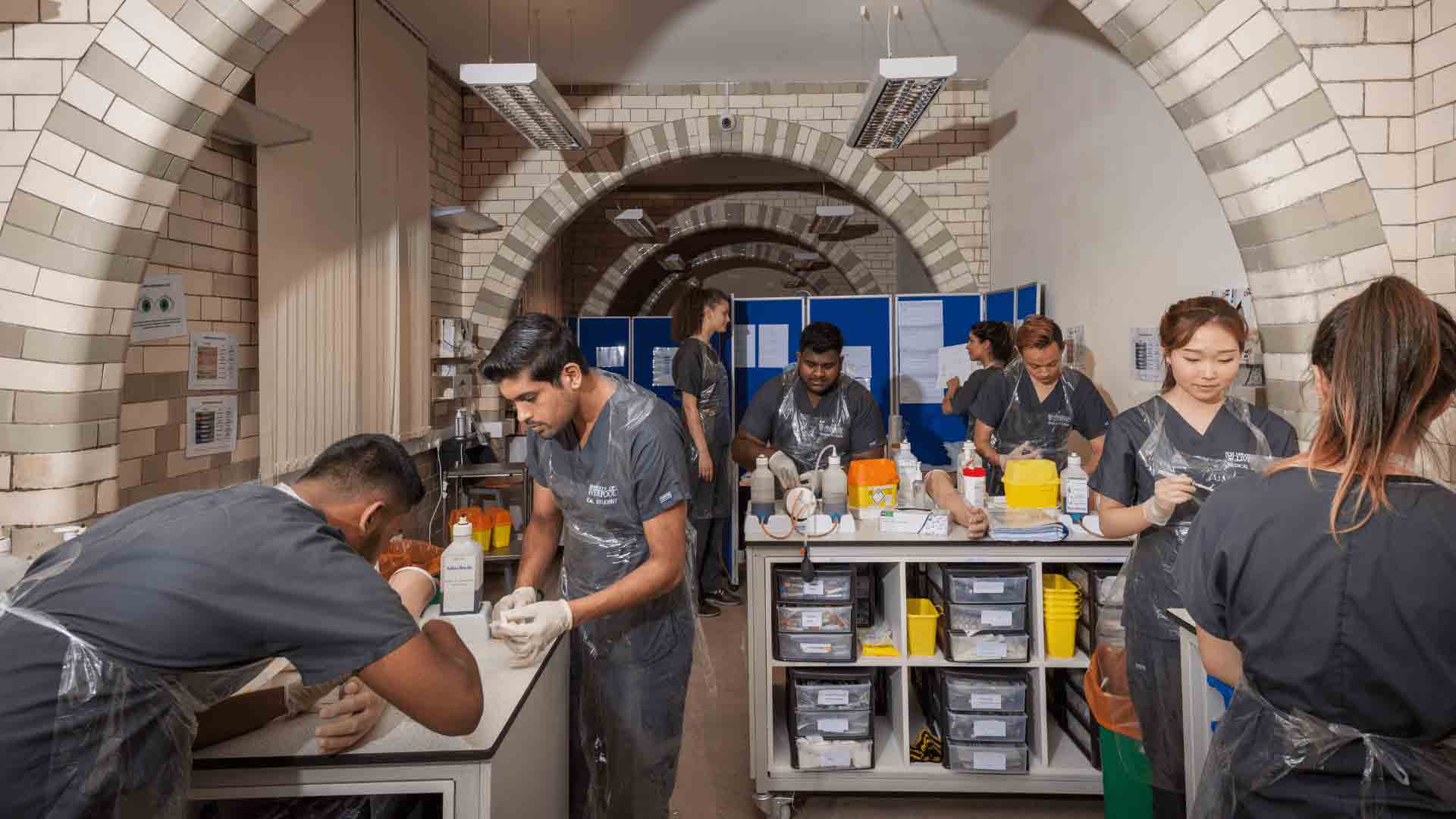
Top student tip - Remember, the station is timed! Stations in the exam are carefully constructed to last 11 minutes and you will need to be able to manage your time and tasks within the station appropriately.
It’s also useful to practise summarising. At first, it can be difficult to know how much detail to present, so practising this skill, as you would any other, is always useful. Don’t forget the resources available on Canvas too. For example, a new prescribing task of the month is available for students in Year 3 and 4 every month from October onwards.
2. Read instructions and listen to questions carefully
Ensure you know how to interpret instructions and actively listen to the patient - this really is key to performing well in the station. You will only be able to gain marks for performing the tasks that you’ve been instructed to do and answer the question(s) asked.
The Clinical Assessment Handbook on Canvas contains ‘examiner questions and prompts’ and ‘how to interpret the instructions’ sections packed with examples and helpful information.
In your interactions, think about the impression you are creating to both the patient and the examiner, as well as your choice of language and how you might ensure it is appropriate depending on the scenario.
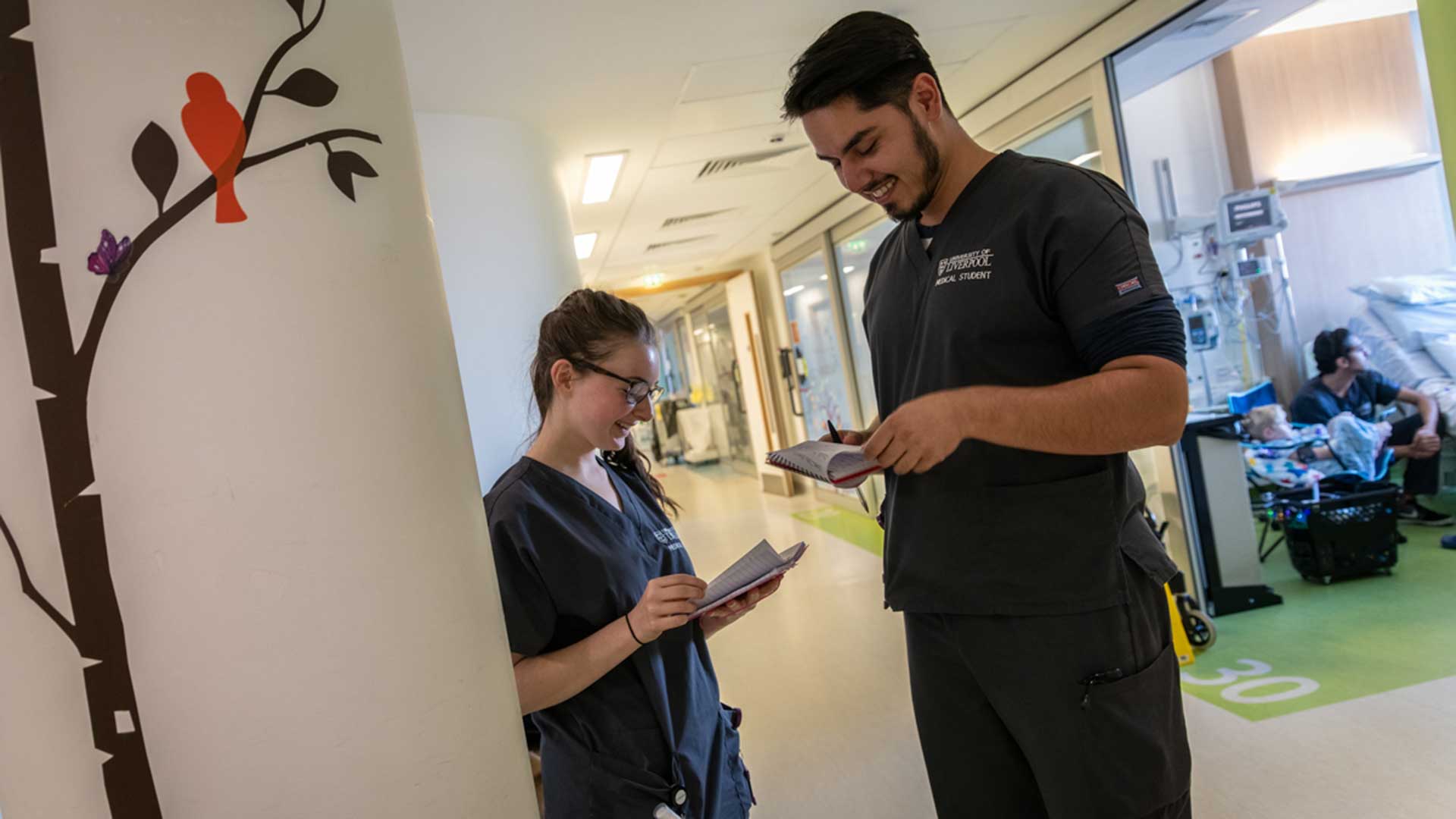
3. Do what you would do in clinical practice
Approach each station as a clinical interaction, rather than an exam question. For example, let’s think about a station where the patient presents with abdominal pain and is worried about the possibility of gallstones. You are asked to take a history and share the likely diagnosis and next steps.
If you think of the interaction as you would in clinical practice, you’ll recognise that the consultation is a complex mix of information gathering and sharing and communicating effectively, which will be reflected on the mark sheet.
If you approach the interaction as an exam station, and think, “The patient is worried, so this must be the ‘communication station’, then you may focus on the patient’s concerns and communicating effectively but may miss other elements (and therefore marks).
We promise the stations aren’t designed to ‘catch you out’ or ‘trick you’ in any way – each is an opportunity to showcase the knowledge and skills you have developed, keep your mind (and ears!) open.
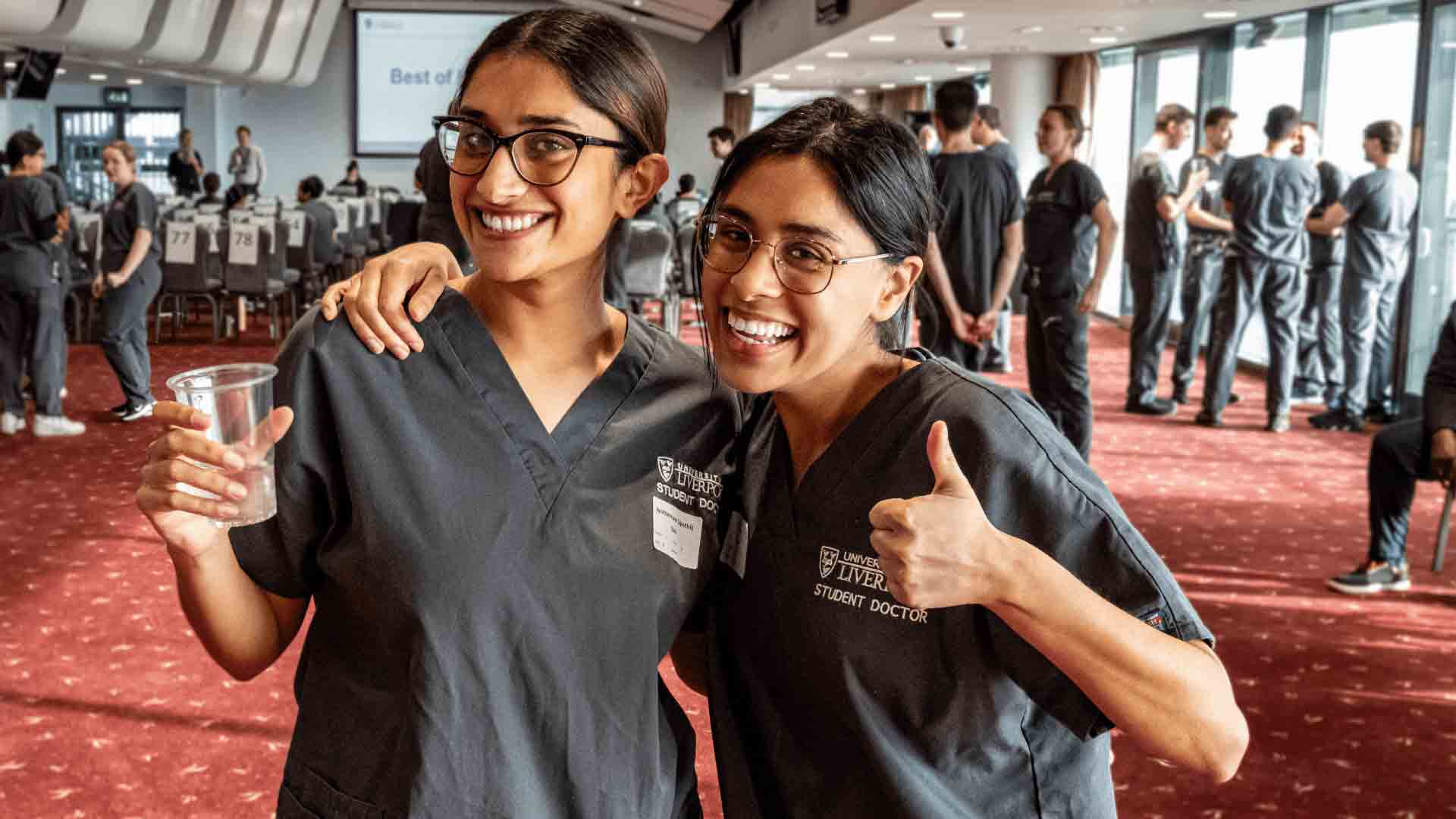
4. Have a systematic approach & structure
A systematic approach will help you in all aspects of practice as well as in clinical
assessment. Most consultations, examinations and skills are performed with an approach that is systematic but not rigid, one that can be flexible to the individual patient and circumstances.
In any examination, always think, ‘inspection, palpation, percussion, auscultation’ or in some musculoskeletal examinations, think about ‘look, feel, move’. This should be reflected in your presentation of findings.
In consultations, think about the usual structure of a history (presenting complaint, history of presenting complaint, past medical history etc.). The ‘Y2 History taking study guide’, pre-placement primers and speciality top tips presentations and lectures relevant to your year are great sources of information for this.
In data interpretation, have a structure to how you look at the results. So, for example, when looking at chest radiographs start with checking it’s the right patient, then looking for the aspect marker, whether its AP or PA, erect or supine etc.
Top Clinical Skills tip - If you are asked to present a differential diagnosis, start with the most likely. If you are asked to list relevant investigations, consider what would be most appropriate for the patient in that particular scenario.
5. Mistakes happen
Mistakes will happen. Accepting this is crucial to your success. Take a deep breath and deal with the issue as you would in clinical practice. Change your gloves/equipment if they become contaminated, apologise to the patient if you said something you didn’t mean to, change your approach if you don’t seem to be building a rapport etc.
Although it’s not easy, try to forget the mistake as you move on to the next station. Each station is a new opportunity to show the examiner what you can do and remember, they don’t know what happened in the station before.
If you need to speak to someone during the exam, or afterwards in the post-exam briefing, the Clinical Skills team are there for you.
Discover more
- Thanks team for those excellent pointers! Student Doctors can access further exam tips in greater detail in the Clinical Assessment Handbook, as well as clinical skills advice in a range of study guides – all available in Canvas.
- Go to Waterhouse building on the student intranet for more information about clinical practise areas – the Learning Zone and Learning Ward.
- The Clinical Skills team are an excellent source of knowledge and information, so make the most of them! Post your questions on the Clinical Skills Q&A Forum, also available on Canvas.
